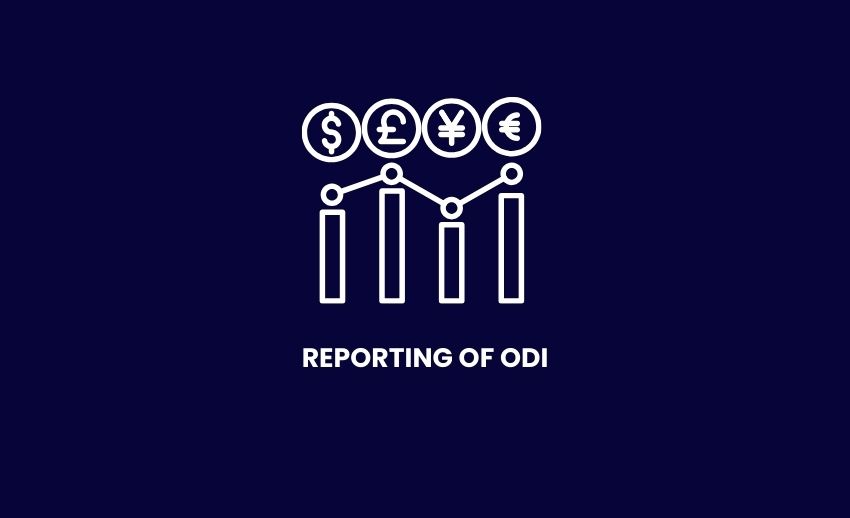
Overseas Direct Investment (ODI) is a term that is frequently used in the age of globalization. In recent years, it has been identified that the trend of investing in foreign entities is growing annually. Numerous residents and Indian businesses are investing in or obtaining stakes in international enterprises.
Overseas Direct Investment refers to a sort of investment made by Indian corporations with international entities outside of Indian Territory. We can engage in ODI in several ways, such as investing in foreign entities or adding to their capital. Aside from market purchases and stock exchange assistance, we may also buy shares of international companies.
The FEM (Overseas Investment) Rules, 2022, have replaced the FEM (Transfer or Issue of any Foreign Security) Regulations, 2004, and the FEM (Acquisition and Transfer of Immovable Property outside India) Regulations, 2015.
Overseas Direct Investment
Overseas Direct Investment is the term for investments made outside of India that are made through either the Automatic Route or the Approval Route and involve making a capital contribution, subscribing to a foreign entity’s memorandum, or purchasing existing shares of a foreign entity through the market purchase, a private placement, or a stock exchange. These investments signify a long-term interest in the foreign entity (JV or WOS).

